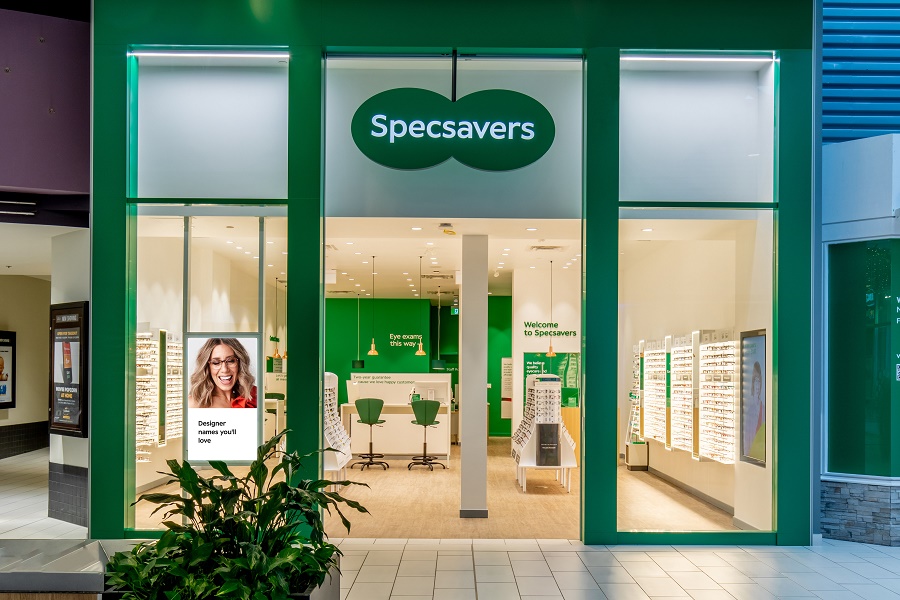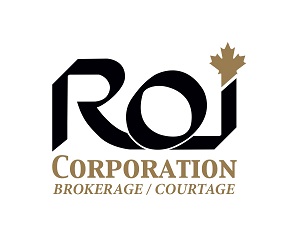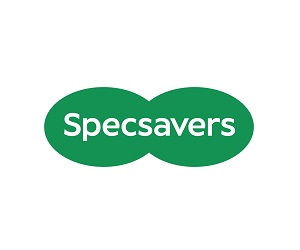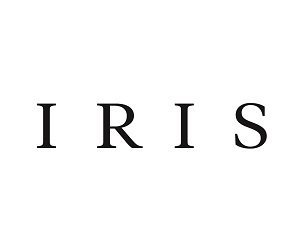
By Jean-François Venne
Specsavers recently unveiled its intentions for the Canadian market. The British optometry giant hopes to have more than 200 offices in Canada by 2024 and eventually have a presence in all Canadian provinces.

Specsavers has begun in British Columbia, following the acquisition of Image Optometry last spring. “We’ve been talking with Image for a long time and we think their business is a great base for our Canadian venture,” says Bill Moir, General Manager of Specsavers Canada. “We like their values and people model, which fits well with our approach that values quality and accessibility of products and services.”
Two former Image Optometry stores were opened under their new Specsavers banner in November in Nanaimo and Coquitlam, with 14 more to follow by March 2022. The company also has a lab in British Columbia and may open more to support the company’s growth across the country.
“We’ll be developing the B.C. market in the coming months, but we want to expand into all provinces eventually,” says Bill Moir. Canada is a relatively complex market, as the regulations governing eyecare professionals vary from province to province. But we are used to adapting to new jurisdictions.”
The company plans to grow organically first, allowing optometrists and opticians to join its franchise network, but also remains open to acquisitions. Founded in the United Kingdom in 1984, it now operates in 11 countries, serving more than 41 million customers.
A Partnership Model
“One of the things that sets us apart is that our stores are owned and operated in part by the optometrists, opticians and retailers themselves,” explains Bill Moir. We want to offer them a low startup cost and high quality support.” Each store may offer the services of an independent optometrist, but the product sales portion is jointly owned by an optometrist/optician or optometrist/retailer duo. The startup cost for a franchise is approximately $25,000 for each partner (so $50,000 per store).
Franchisees receive what Bill Moir refers to as “full service.” This includes, for example, management services such as marketing and accounting, IT and technology services or procurement. In particular, Specsavers plans to have an integrated supply chain for all its franchises. “We want eyecare professionals to be able to focus on their patient services, so we provide a lot of support,” summarizes Moir.
Specsavers has a history of becoming a dominant force in the countries it enters fairly quickly. It was founded just as Margaret Thatcher’s government was deregulating optical services in the UK. This allowed Specsavers to use advertising and marketing approaches previously prohibited in that country. Specsavers now has half of the market share in UK.
In Australia, the company opened 100 stores in 100 days when it arrived in 2008. It now has about 40% of the Australina market share.
Specsavers maintains that there is no truly dominant national force in the Canadian optical market. It sees this fragmentation as an opportunity to make their mark fairly quickly. They plans to invest heavily in advertising and marketing to become a major player in the Canadian optical and optometric industry.
A major competitor
The British company becomes a new competitor in a market that has seen the arrival of Bailey Nelson, Warby Parker, Mujosh and Oscar Wylee, among others, in recent years. Specsavers will certainly be a challenge for Luxottica (owner of LensCrafters, Pearle Vision and Sunglass Hut), New Look (which owns its own stores and also the Vogue Optical, IRIS and Greiche & Scaff chains), FYidoctors and their new acquistion, Bon Look, among others.
These competitors remain very discreet following Specsavers’ announcement.
As for the independents, it remains to be seen whether they will perceive Specsavers as a threat or an opportunity to join forces with as a new partner.
Speaking on condition of anonymity, the head of one buying group called Specsavers’ acquisition of Image Optometry a “trial run” and recalled that independents are already competing with chains, many of which are in consolidation mode. He added that “customers continue to prefer the attentive service and care of an independent, locally involved professional who tailors his or her offerings to regional differences.”
Bill Moir believes that the Canadian market will benefit from the Specsavers model. “We offer high quality, affordable products and services, while at the same time providing an attractive partnership option for eyecare professionals,” he says. “Doug and Mary Perkins, optometrists, started their company with these two goals in mind and we think Canadians will like this approach.”
Jean-François Venne is a freelance journalist based in Montreal. He has been covering news in the optical industry for over ten years.


















